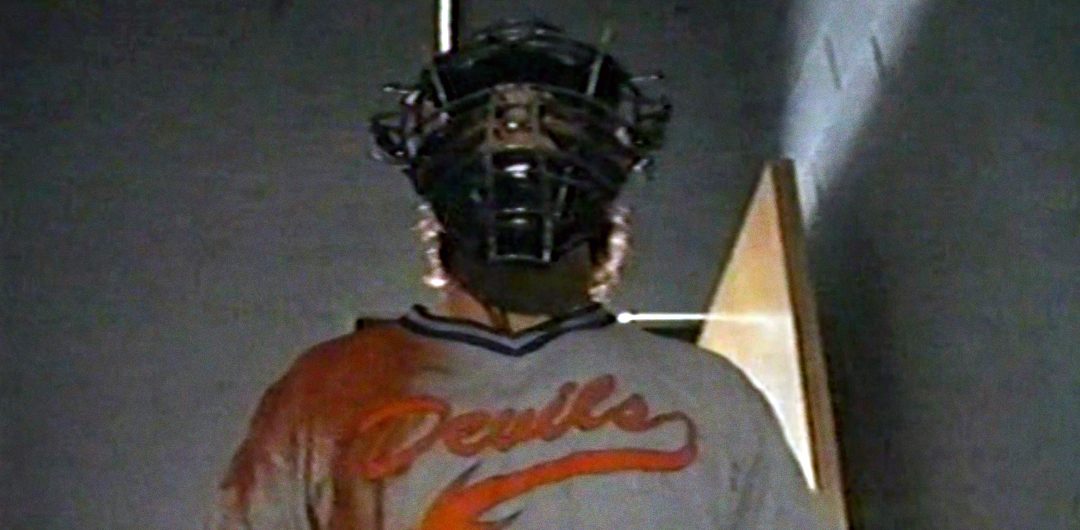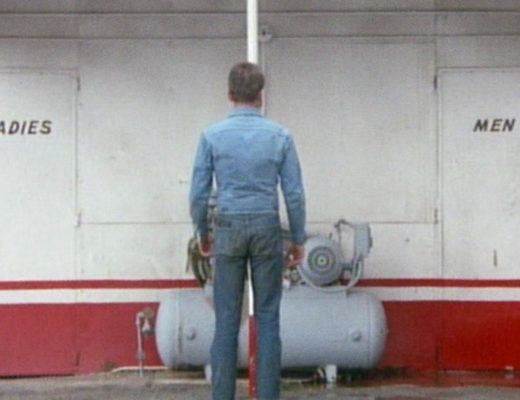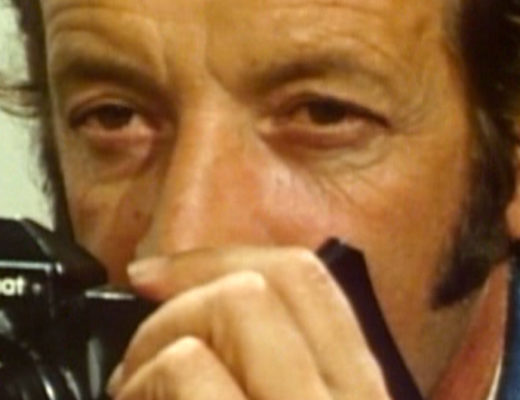This is an updated version of a review that was originally published in Bleeding Skull! A 1990s Trash-Horror Odyssey.
I live in New York City. It’s a city with two Major League Baseball teams: one that has never sucked and one that has always, completely, forever sucked. There’s always sportsball drama smeared all over the city’s rags—maybe someone doped or maybe someone’s dating Jennifer Lopez or maybe someone went on a bender at a “gentlemen’s club.” One blow-up occurred when The Mets released an interview with one of their players on the team’s Twitter account. The player happens to be wearing a crown because, in a truly rare turn of events, The Mets won that night. He’s saying stuff—not important, who cares—but behind him, in a locker, is a dildo. Not just any dildo. It’s a giant dildo, at least 12 inches tall. It’s just sitting there, being very obvious. It’s saying, “Hello there, I’m a dildo! How are you, what are you up to?”
The entire internet, of course, became one big fire emoji. The team deleted the post, but you cannot delete the internet.
The dildo was in the locker of the team’s catcher. It was some kind of prank, or so it is assumed. The catcher and the rest of the team have never acknowledged it. It’s the elephant in the room, only in this case, the room is a locker room and the elephant is a dildo.
What I’m trying to say is that it’s hard being The Catcher.
Joe Estevez is livid. His son’s baseball team won the game. Normally this would be a cause for celebration, but the kid made three errors. Three! This little prick has no respect for the game! Estevez is blinded with rage. He seethes. He growls. He yells. He pitches fastballs at the kid and pegs him in the shoulder, over and over again. The kid stands at the plate with his bat. Can he stand up to his dad?
The kid’s mother is worried.
“Stop! You’re not gonna be happy until you hurt him!”
“Shut up, Phyllis! Shut up! This has nothing to do with you!”
Phyllis leaves in tears. I imagine that everyone named Phyllis is always leaving in tears.
Between the verbal abuses and the fast pitches thrown at his face, something snaps in the kid. He takes a baseball bat to Estevez’s head. Three strikes and he’s out!
Now it is present day. Dave Walker has blown the last minor league game of the season. He got ejected from the game and his team suffered as a result. He’s the catcher! He’s supposed to be the team’s rock; instead he’s the team’s Achilles’ heel. Walker blew it for everyone.
“My mind wasn’t in the game.”
“Where was it, up your butt?”
Walker gets fired by the new manager, a straight-shooting hard-case named Terry. She tells him it’s over; he’s not happy.
Now a player gets beat with a baseball bat. Then another. There’s death by pitching machine, death by laundry machine, death by stairs, and more death by baseball bats. But between all the deaths, there are long shots of people walking. They walk around the stadium. They walk down hallways. They walk across the field. They walk among the bleacher seats. Like a game of baseball, the film takes its time and has plenty of missed opportunities.
Yvette Hoffman and Guy Crawford have produced and directed a polished, mid-fi sportsball horror film. For a project on a medium-sized budget, The Catcher is edited and photographed well. The scenes move the narrative forward and there are dramatic shots of empty stadiums and long shadows that stretch across walls. While it doesn’t reach the heights of Fatal Games, Graduation Day, Blood Games, and other sporty horror films, The Catcher does exactly what you think it does, and it does it perfectly fine. There are twists, a bit of gore, and some fun, exploitive kills. It lulls, but it’s clearly more entertaining than watching a game of baseball. The film doesn’t go anywhere you haven’t been before, but that’s OK. There’s a reason why we always eat at the same restaurants and order the same things—we like what we like. But what really makes The Catcher shine is Joe Estevez. His performance is deliciously over-the-top; there are layers upon layers of emotion, cocaine, and whiskey. He is a ham-wrapped hot dog of frenetic drama. He’s got only a few minutes of screen time, but he packs enough unbridled energy and anger to make those minutes count. I like to think it was luck that two low-budget filmmakers managed to score Estevez for their movie, but truth be told, Estevez was probably available. I’m sure he’s available right this second. The man isn’t nearly appreciated enough.






